

Te'o Harry Fatu Toleafoa holds an LLM (Hons)/BA with a specialised focus on Pacific peoples. He's an enrolled Barrister and Solicitor of the New Zealand High Court.
Photo/Supplied
Legal expert criticises electoral reforms as govt defends fairness
Te’o Harry Fatu Toleafoa warns the reforms risk further excluding Pacific communities. But the Government says they are necessary.



Pageant talk: Pacific queens on colourism, transparency, and online backlash
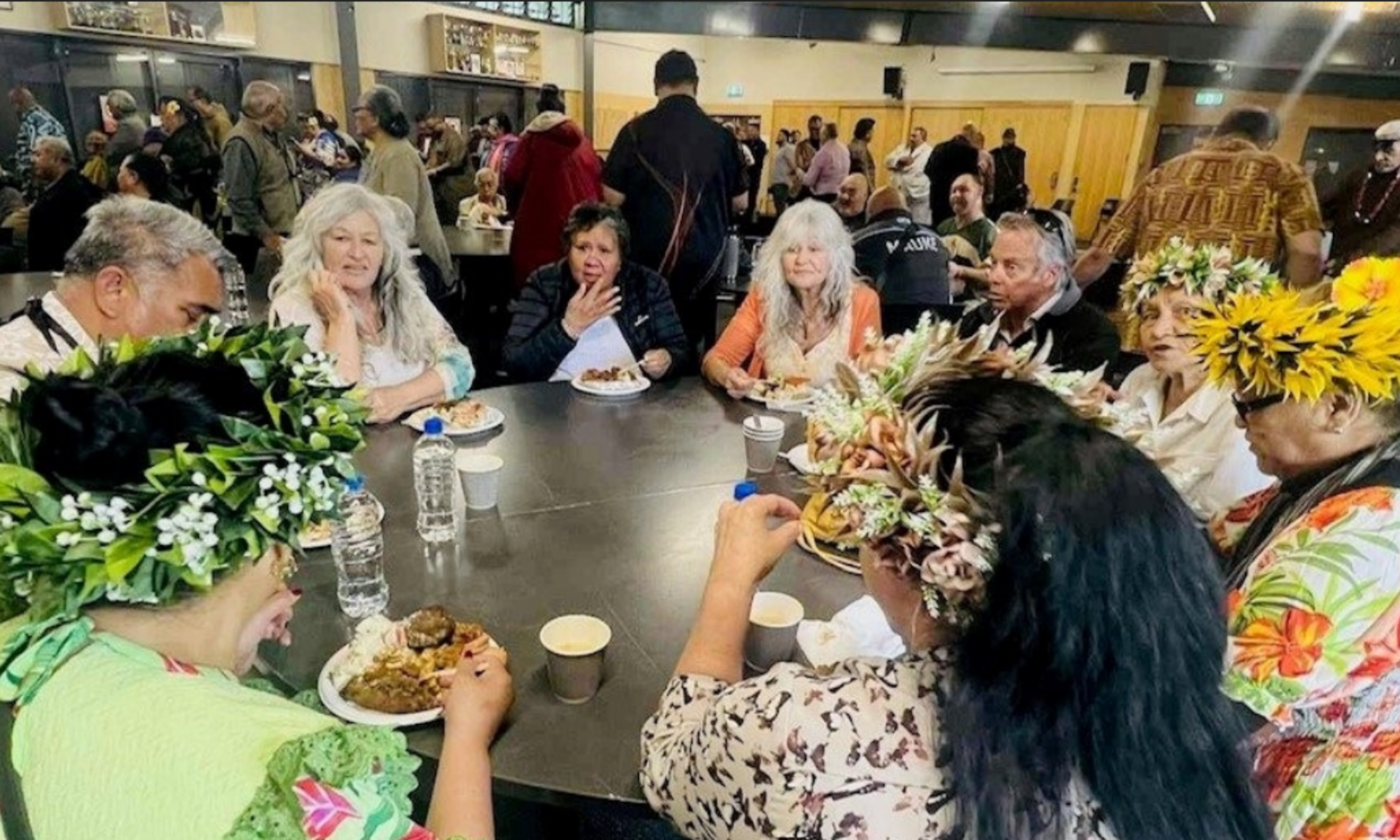
Manurewa charity requests $30,000 to keep Pacific seniors monthly gatherings
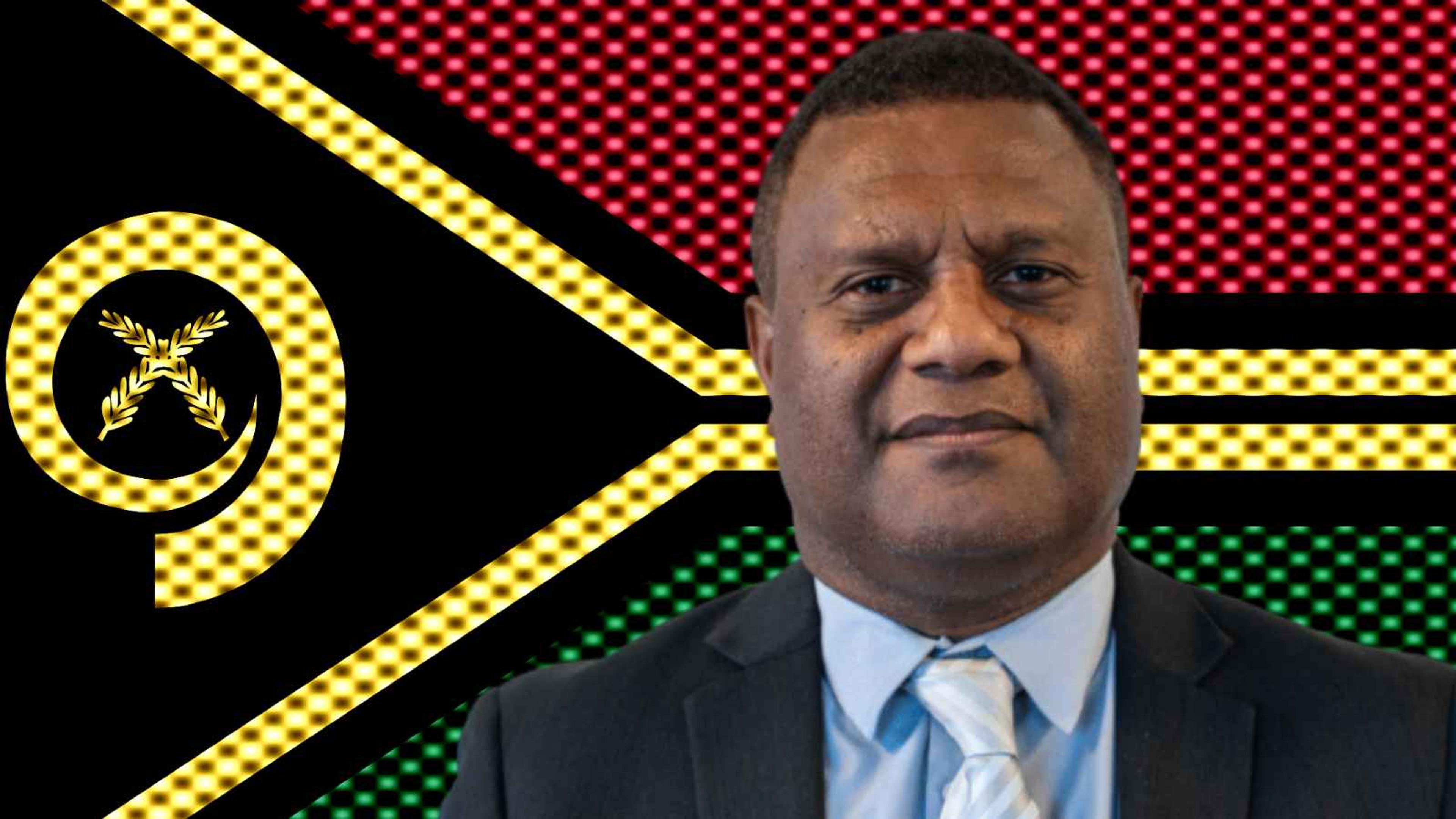
Blacklisting squeeze hits Vanuatu families and businesses, the regulator VFSC warns



Pageant talk: Pacific queens on colourism, transparency, and online backlash

Manurewa charity requests $30,000 to keep Pacific seniors monthly gatherings

Blacklisting squeeze hits Vanuatu families and businesses, the regulator VFSC warns
A legal expert says the Government’s changes to electoral laws will disproportionately affect Pacific voters.
In an interview on Pacific Mornings, Sāmoan lawyer and community advocate, Te’o Harry Fatu Toleafoa says there is no evidential basis that the reforms will work.
He points to the regulatory impact statement issued by the Ministry of Justice earlier this year.
The statement ensures informed decision-making and considers potential consequences before laws are approved.
“They pretty much concluded that the reduction of this particular provision of special votes is uncertain and its impact on democratic participation could be significant,” Te’o says.
His comments follow the Government’s announcement to overhaul electoral laws which it has labelled as “outdated and unsustainable”.
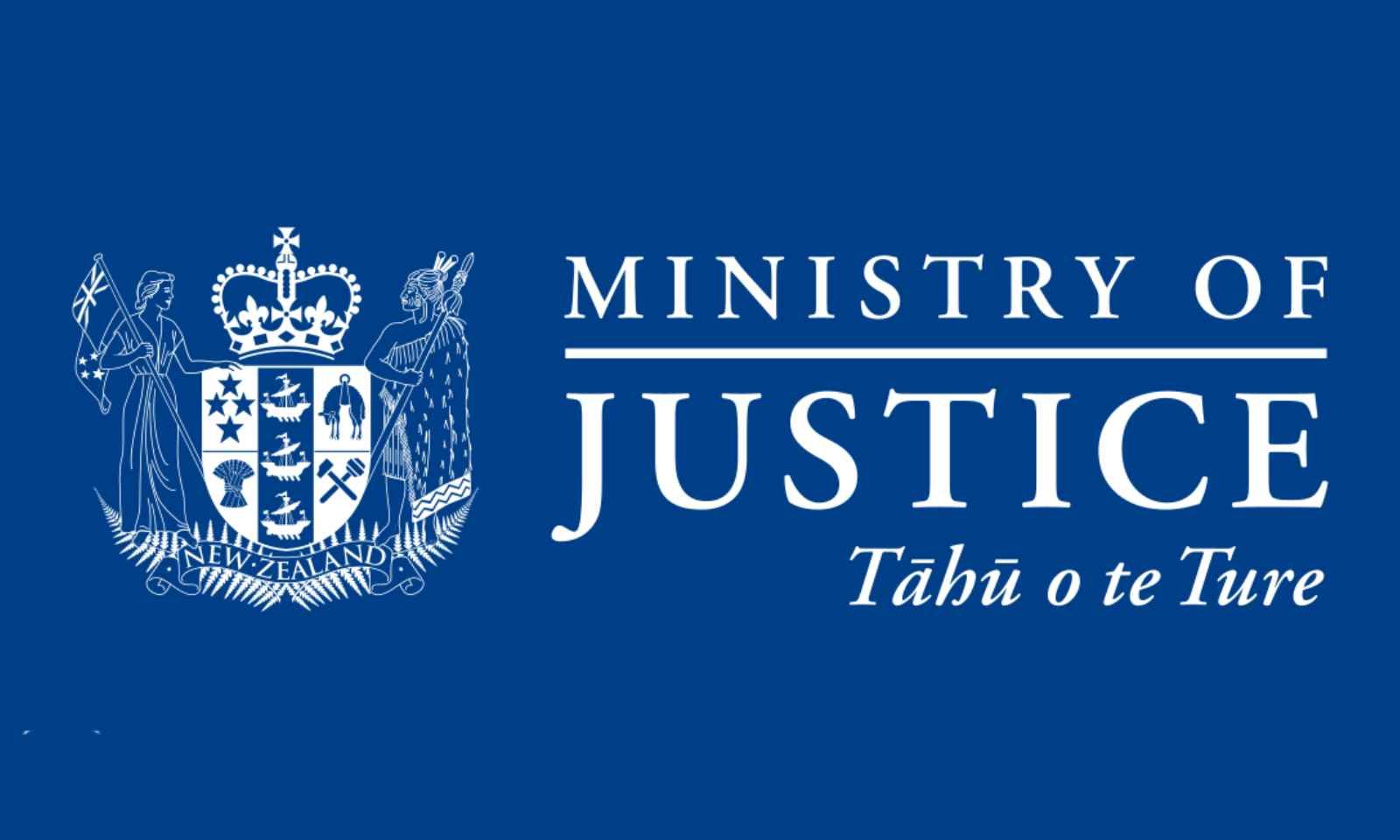
The Ministry of Justice is the lead agency in the justice sector and the lead agency on Crown/Māori Relations for the government. Photo/Supplied
Changes include the closure of voting enrolment 13 days before Election Day, bringing back the ban on prisoner voting and enabling special vote processing to begin earlier.
The donation threshold has also been increased to $6000 which Justice Minister Paul Goldsmith says accounts for inflation.
“This is a significant, but necessary change,” Goldsmith says.

Paul Goldsmith is the Minister for Arts, Culture and Heritage, Minister of Justice, Minister for Media and Communications and Minister for Treaty of Waitangi Negotiations. Photo/Supplied
“The Electoral Commission will have plenty of time to run an education campaign to ensure people understand the new requirements.
“For Australia’s federal election earlier this year, the enrollment deadline was 26 days before Election Day.
“I have every confidence New Zealand can manage within the 13-day deadline.”
Attorney General and National Party MP, Judith Collins, spoke out against the reforms to which Te’o says is significant considering the changes are being made by her own government.
“The function of her role in this particular instance is to give independent advice back to Parliament and to assess this particular bill in light of the New Zealand Bill of Rights Act,” Te’o says.
“The New Zealand Bill of Rights Act is a set of rights that essentially protect citizens against the Crown.
“It's a measure of accountability, holds the Crown or the Government at, holds it in check.
“It just goes to show there's democracy actually working when politicians or the Attorney General is able to provide unbiased, clear advice in terms of whether these particular proposals sit consistently with the New Zealand Bill of Rights Act, or inconsistently.”
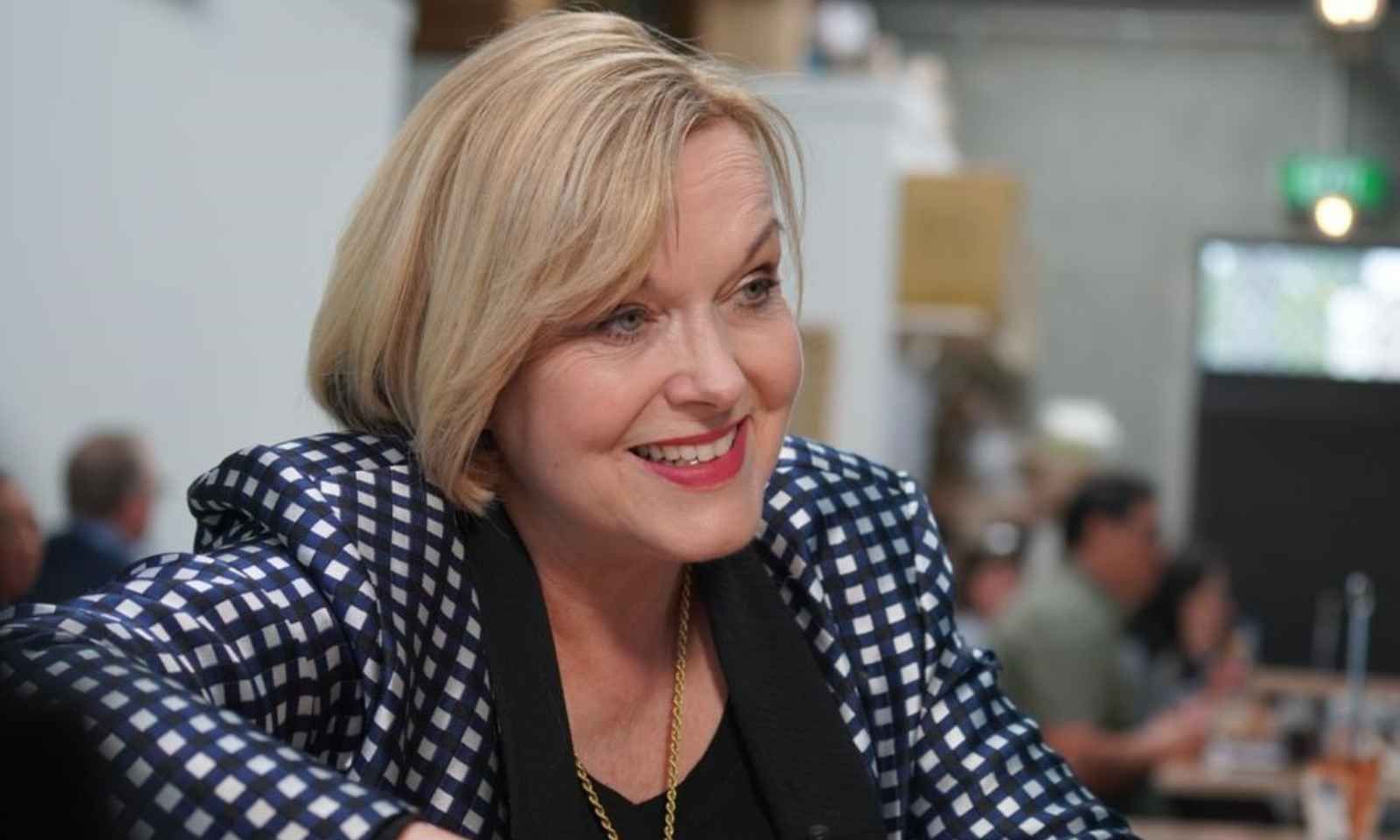
Judith Collins is the Attorney-General, Minister of Defence, Minister for Digitising Government, Minister for the Public Service, Minister Responsible for the GCSB, Minister Responsible for the NZSIS and Minister for Space. Photo/Supplied
When it comes to the prisoner voting ban, Te’o says it is unjustifiable and points to Section 12 of the New Zealand Bill of Rights Act, which affords everyone the right to vote.
“From a Pacific perspective, it disproportionately affects us,” he says.
“We account for eight per cent of the population, but one in 10 prisoners are Pacific.
“So that means this law strips from the voting rights of our brothers and sisters who are unfortunately imprisoned but we don't pick and choose who the law applies to, right? The law applies to absolutely everyone.
“That's the fundamental building block of society or the rule of law, that irrespective of whether you're a prisoner or you're the Prime Minister, the law applies to everybody equally.”
In defence of the prisoner voting ban, Goldsmith reiterates a disagreement with the previous government’s soft-on-crime approach.
“Cabinet’s decision will reverse the changes made by the previous government in 2020, which allowed prisoners serving sentences of less than three years to vote,” Goldsmith says.
Prisoners who are already serving sentences of less than three years when the new rule takes effect (before the 2026 General Election) will still be allowed to vote, he adds.
Watch Te'o Harry Fatu Toleafoa's full interview here
The voting ban will not apply to people detained on remand or serving sentences of home detention.
“Citizenship brings rights and responsibilities,” Goldsmith says.
“People who breach those responsibilities to the extent that they are sentenced to jail temporarily lose some of their rights, including the right to vote.
“The Government is committed to restoring law and order, and part of the response is to place a greater emphasis on personal responsibility and accountability.
“A total prison voting ban for all sentenced prisoners underlines the importance that New Zealanders afford to the rule of law, and the civic responsibility that goes hand-in-hand with the right to participate in our democracy through voting.”
Te’o is pushing for more Pacific participation in the upcoming election next year.
Stats NZ reported a downturn in enrolment for Pacific people which decreased from 88 per cent in 2020 to 75 per cent in 2023, compared to the national average of 90 per cent.
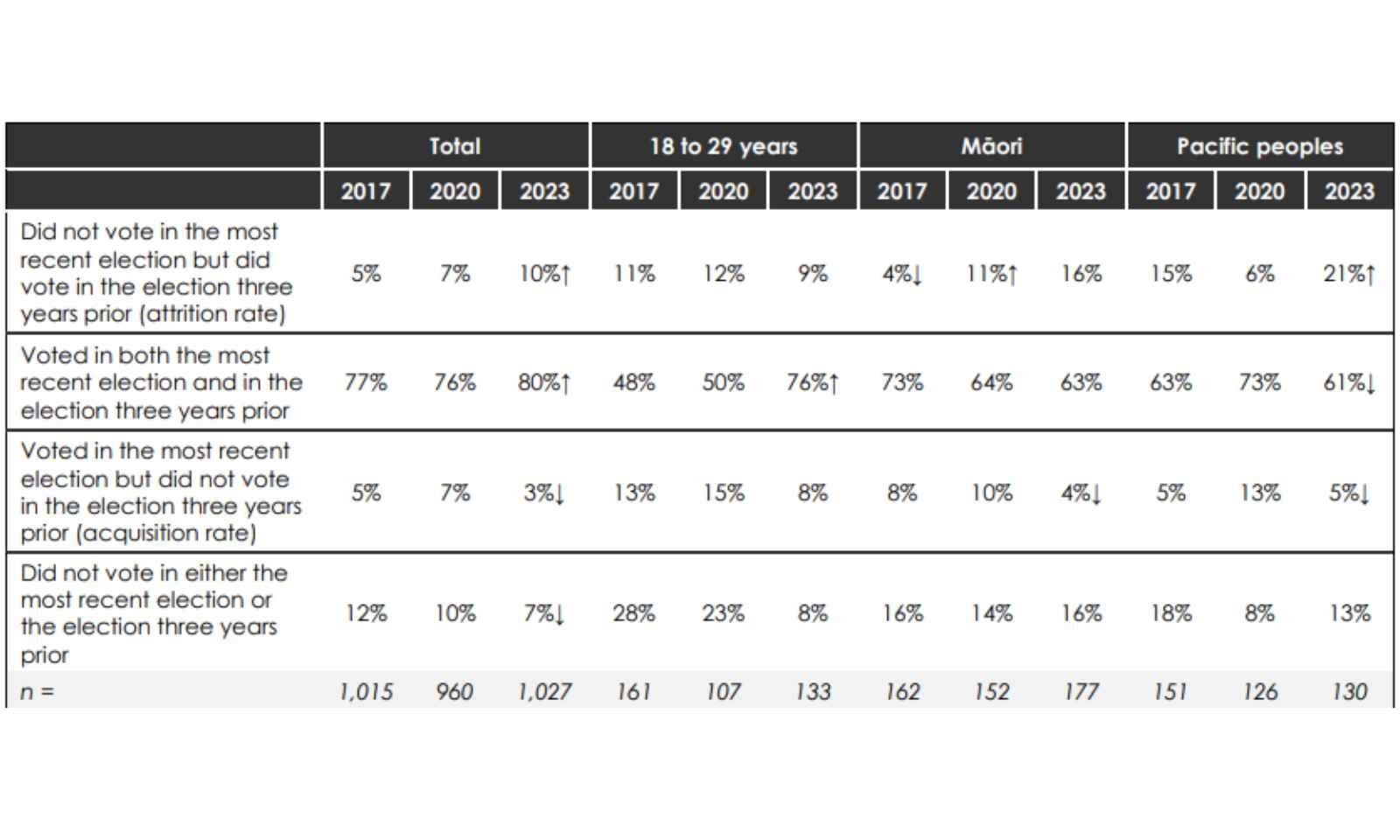
Pacific peoples had the highest voter attrition rate in the 2023 General Election, with 21% dropping off since 2020. Only 61% voted in both elections—the lowest consistent turnout across all ethnic groups surveyed. Photo/Stats NZ
Only 61 per cent of voters were Pacific in both the 2020 and 2023 elections, the lowest consistent turnout rate across all ethnicities.
According to data from the 2023 general election, Te’o explains electorates such as Māngere, Panmure-Ōtāhuhu and Manurewa had the lowest voter turnout in the country.
“The very same hand that can fly a flag for the MMT or Toa Samoa parade is the very hand that can vote and shape policy for tomorrow,” Te’o says.
“So whilst we can see the structural issues and the targeted barriers that are against our people, we also have a responsibility to get our people enrolled, to have our say and shape the Government policies for tomorrow and today.”